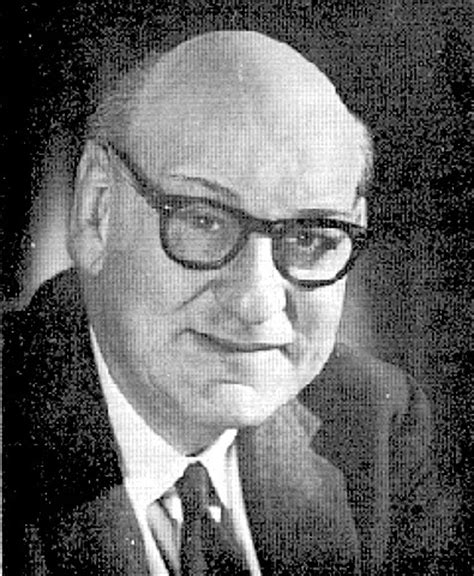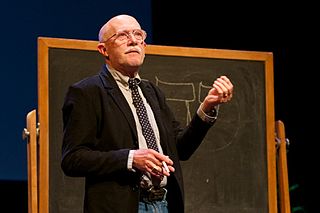A Quote by Ralph Marston
When something feels right, that means it is right for you. Pay attention to your authentic feelings, and follow where they lead.
Related Quotes
If your skin is crawling, pay attention. If something doesn’t feel right, pay attention. If the hairs on the back of your neck prickle, if your gut clenches up, if a wave of wrongness washes over you, if your heart starts beating faster, pay, pay, pay attention. Do not second-guess yourself or rationalize anything that impedes your safety. Our instincts are the animal inside of our humanness, warning us of danger.
The "burning bush" was not a miracle. It was a test. God wanted to find out whether or not Moses could pay attention to something for more than a few minutes. When Moses did, God spoke. The trick is to pay attention to what is going on around you long enough to behold the miracle without falling asleep. There is another world, right here within this one, whenever we pay attention.
Go with your first thoughts; they're usually your best thoughts. Pay attention, stick to your goals and follow those guidelines. It's all right there if you reach for it, unless you want to punch timeclocks and work for somebody. That's what we liked about America, the land of opportunity. All your dreams can come true.
Before we can change anything in our life, we have to recognize that this is the way it is meant to be right now. For me, acceptance has become what I call the long sigh of the soul. It's the closed eyes in prayer, perhaps even the quiet tears. It's "all right," as in "All right, You lead, I'll follow." And it's "all right" as in "Everything is going to turn out all right." This is simply part of the journey.
Pay attention to your friends; pay attention to that cousin that jumps up on the picnic table at the family reunion and goes a little too 'nutty,' you know what I mean? Pay attention to that aunt that's down in the basement that never comes upstairs. We have to pay attention to our friends, pay attention to your family, and offer a hand.
The most important thing you can do individually and organizationally is to pay attention to your own creativity. Sports psychologists call this muscle memory or paying attention to your perfect performance. In your own life you can notice when you do something that works right for you and celebrate it. The more you do this, the greater the probability that you will act creatively in future situations.





































